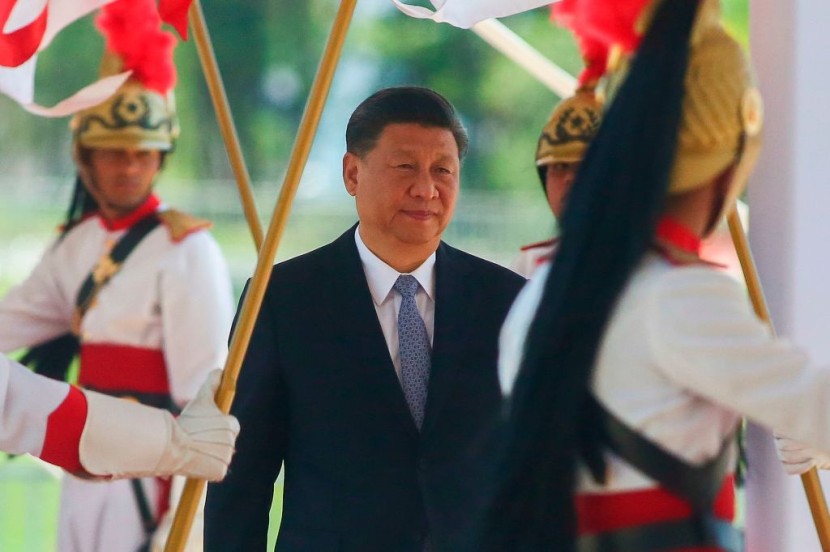
To support Africa's recovery from the coronavirus pandemic, China has pledged to contribute a billion coronavirus vaccines, advance billions of dollars for African commerce and infrastructure, and write off interest-free loans to African governments.
During the Forum on China-Africa Cooperation (FOCAC), Chinese President Xi Jinping said China would supply a billion vaccine doses to help Africa vaccinate 60 percent of its population by next year via video link from Beijing.
China to further help Africa's vaccination drive
Per SCMP, 600 million would come from contributions, while the rest would be developed in collaboration between African governments and Chinese firms. Xi also announced that China would send medical teams to the summit, which is being hosted by Senegal, to assist the continent in dealing with the pandemic.
The majority of African countries have not vaccinated their citizens. Despite a recent increase in vaccine exports to Africa, the World Health Organization estimates that whereas several high-income countries recorded vaccine coverage of more than 60%, only about 7% of Africa's population is fully vaccinated.
According to the WHO, the low coverage was due to a lack of immunization services, particularly in rural regions, as well as vaccine hesitancy. As of November 12, China had distributed over 1.7 billion doses of COVID-19 vaccinations to over 110 countries and organizations, including 50 African countries and the African Union Commission.
According to Xi, Beijing would pump $10 billion into African financial institutions for onward lending to small and medium-sized businesses. He offered to extend another US$10 billion in special drawing rights from the International Monetary Fund, which would help stabilize foreign exchange reserves.
In addition, China would write off interest-free loans due this year to aid economies hit hard by the pandemic. China also committed to cancel interest-free loans due at the end of 2020 last year.
South Africa praised China for its assistance
When the conference was held in Johannesburg in 2015, Beijing offered US$60 billion to finance Africa's infrastructure, and a similar sum when it was hosted in the Chinese capital in 2018. However, Chinese lenders, notably policy banks such as the Exim Bank of China and the China Development Bank, have been more cautious in recent years and require bankable feasibility assessments in the face of financial hardship on the continent.
In the next three years, China's imports from Africa, one of its main sources of crude oil and minerals, will exceed $300 billion, according to Xi, who also stated that the two countries would collaborate in areas such as health, digital innovation, trade promotion, and green development.
President Cyril Ramaphosa of South Africa, speaking via video link, praised China for its assistance and stated that African economies should produce COVID-19 vaccinations.
While criticizing the travel restrictions imposed on South Africa, he added that discussions at the World Trade Organization on a temporary TRIPS waiver to make COVID-19 vaccinations and treatments available to everybody needed to be finalized, as per US News.
The emergence of the Omicron variant of the coronavirus in South Africa has resulted in a sharp increase in COVID-19 hospitalizations in the country's hotspot province over the past two weeks, though fewer patients are being treated for severe disease, MINT reported.
Related Article: Scientists Discover Alarming COVID-19 Super Variant; Virus Could be More Jab-Resistant, Transmissible Than Any Version
© 2026 HNGN, All rights reserved. Do not reproduce without permission.








